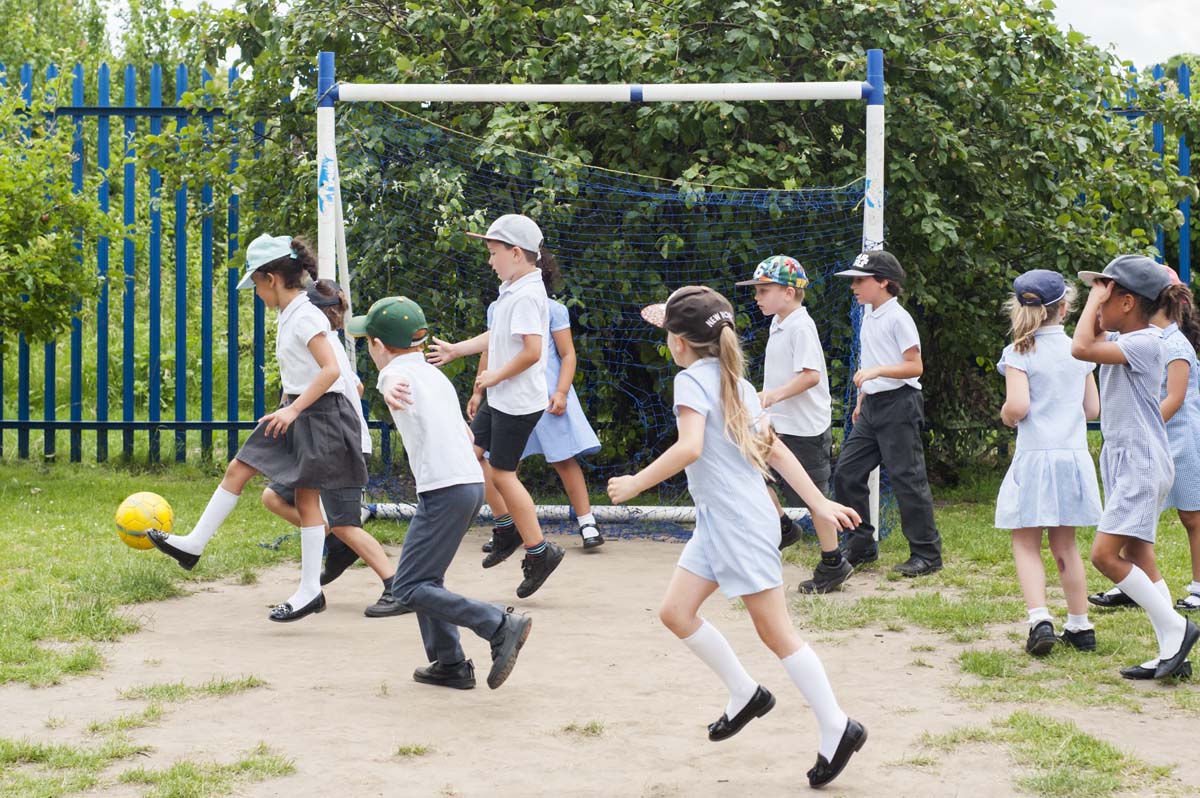‘I don’t think there’s anything wrong with just quietly believing in yourself’ – Jessica Ennis Hill
During their time at the school, children develop fundamental movement skills and become increasingly competent and confident in their physical abilities. Teachers plan many different opportunities for children to improve their agility, balance and coordination skills. We value the importance of individual sports as well as team games, and encourage children to be respectfully competitive (both against themselves and others). Taking part in co-operative physical activities, in a range of increasingly challenging situations, teaches children to be resilient and supportive towards others.
‘Anything is possible; I don’t think limits’ – Usain Bolt
Throughout the school day, children are given opportunities to run, jump, dance, throw and catch. They develop balance, agility and co-ordination as they play together and, during team games, they develop simple tactics for attacking and defending.
Motor skills are developed through a variety of activities from Nursery to Year 2. Gross motor skills enable children to perform important everyday tasks such as walking downstairs, and fine motor skills allow for increasing independence in smaller but equally significant matters: opening doors, zipping up coats, brushing teeth, washing hands, and so on.
We provide many opportunities for children to develop motor skills alongside hand-eye coordination. These skills lay the foundation for academic learning. In order to learn to write or draw, for example, a child’s hand must be strong and coordinated enough to hold a pencil steady for a long period of time.

